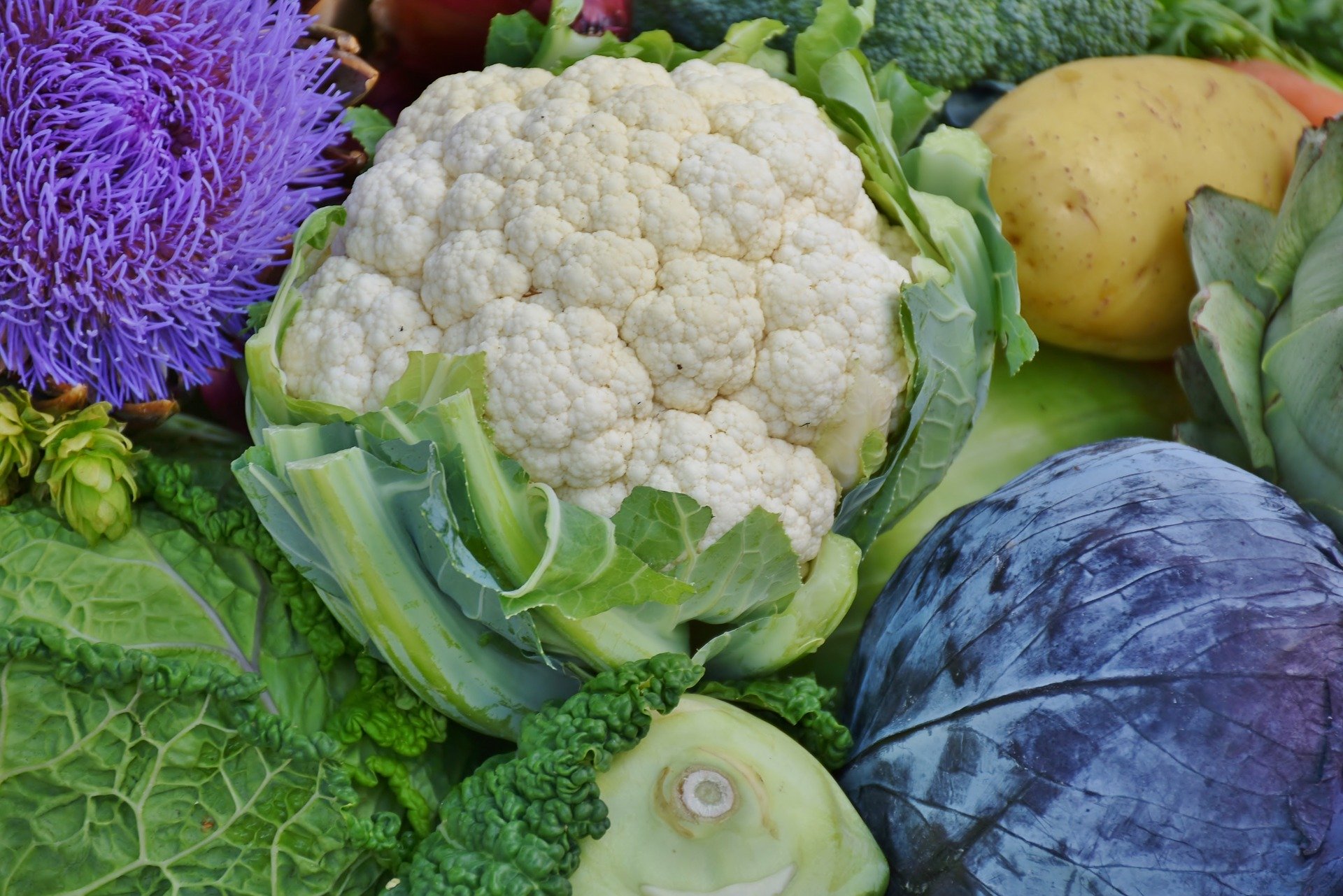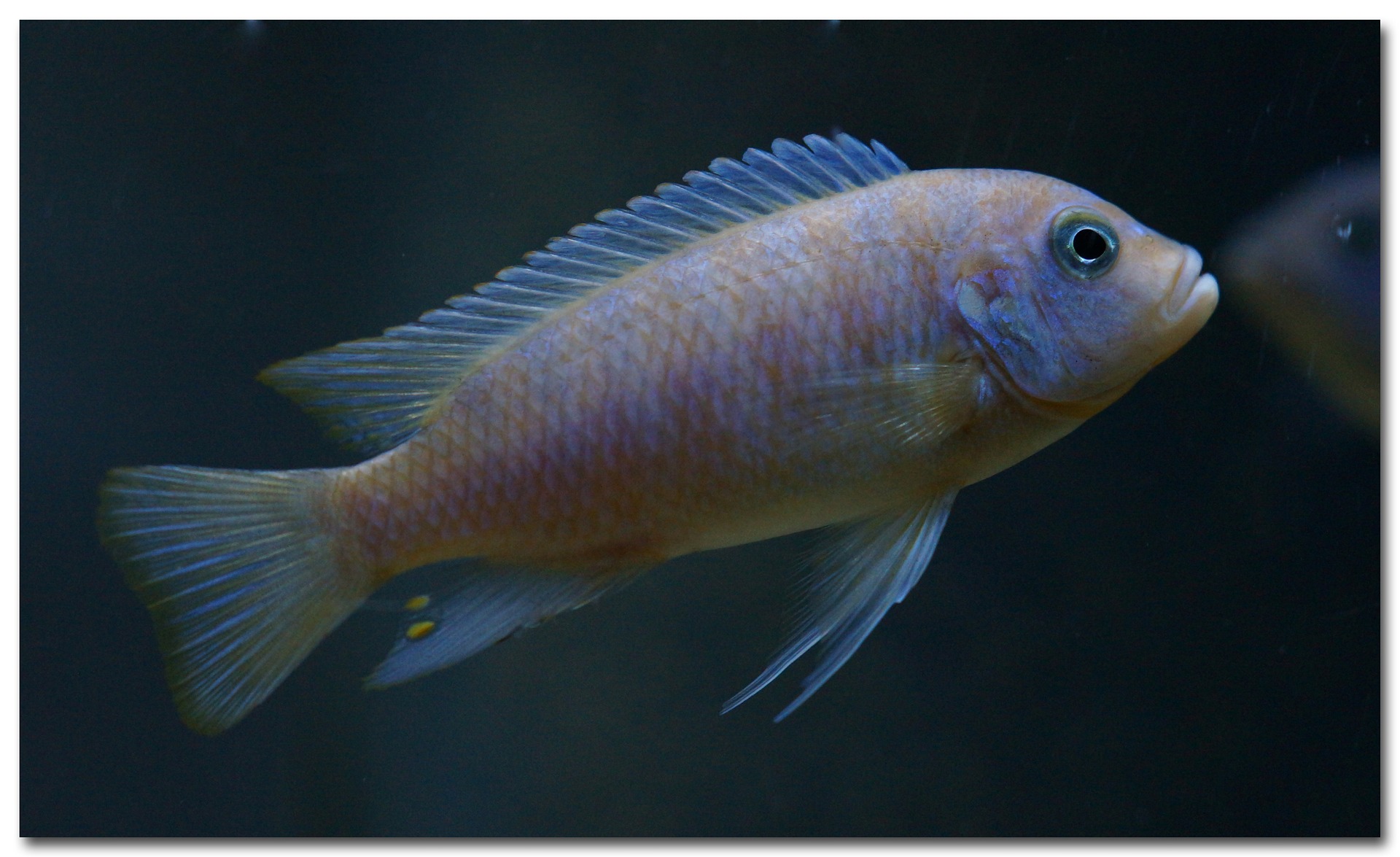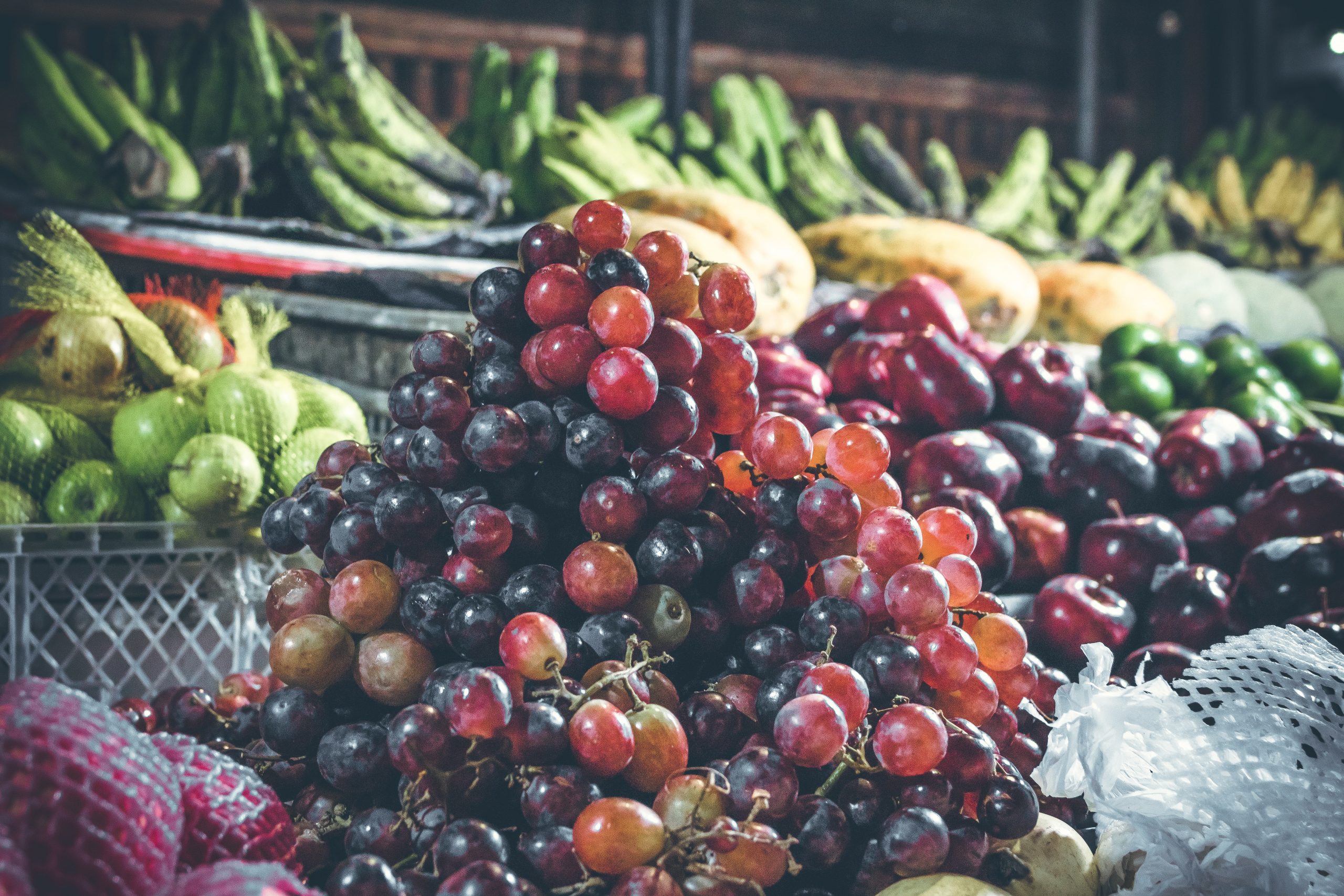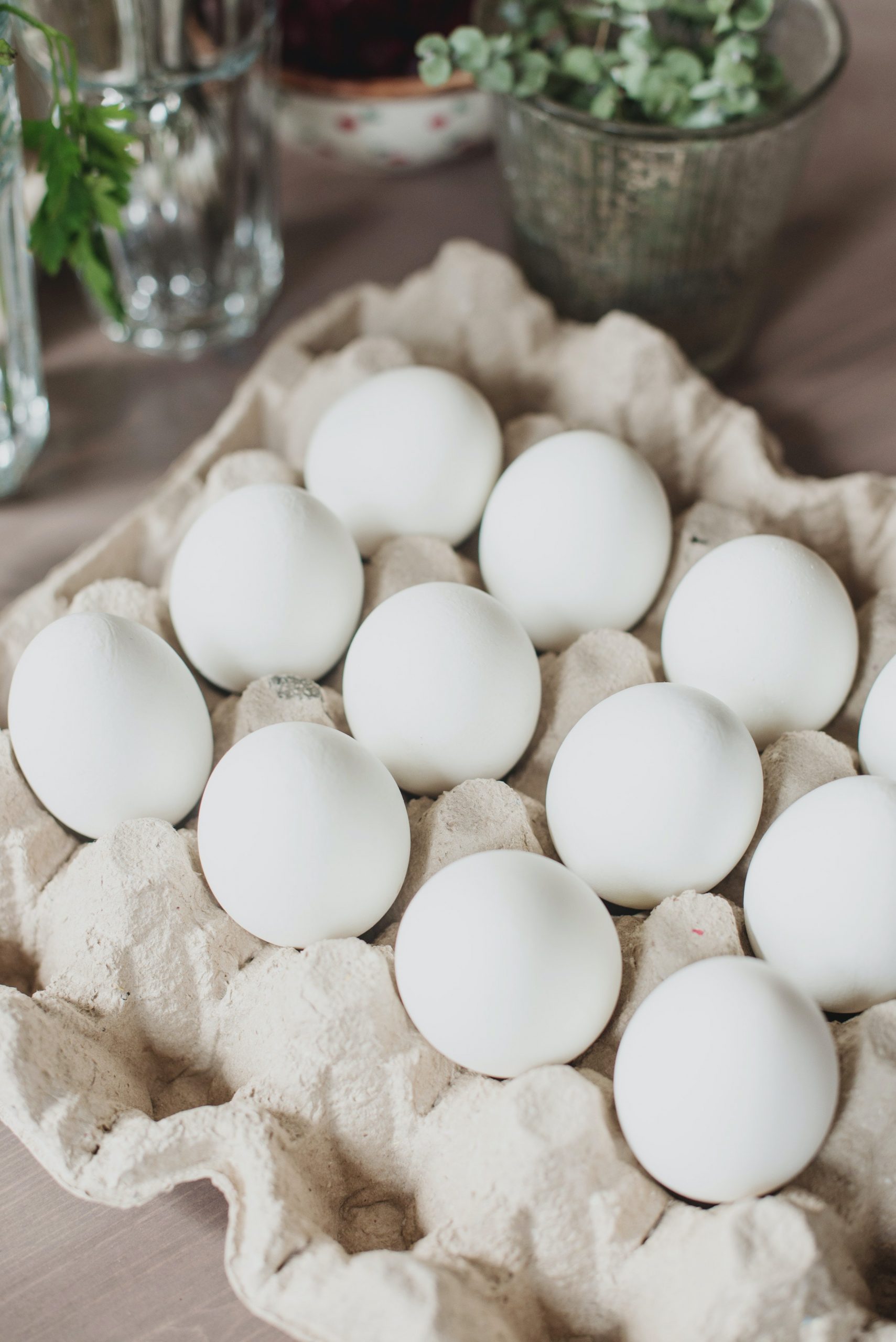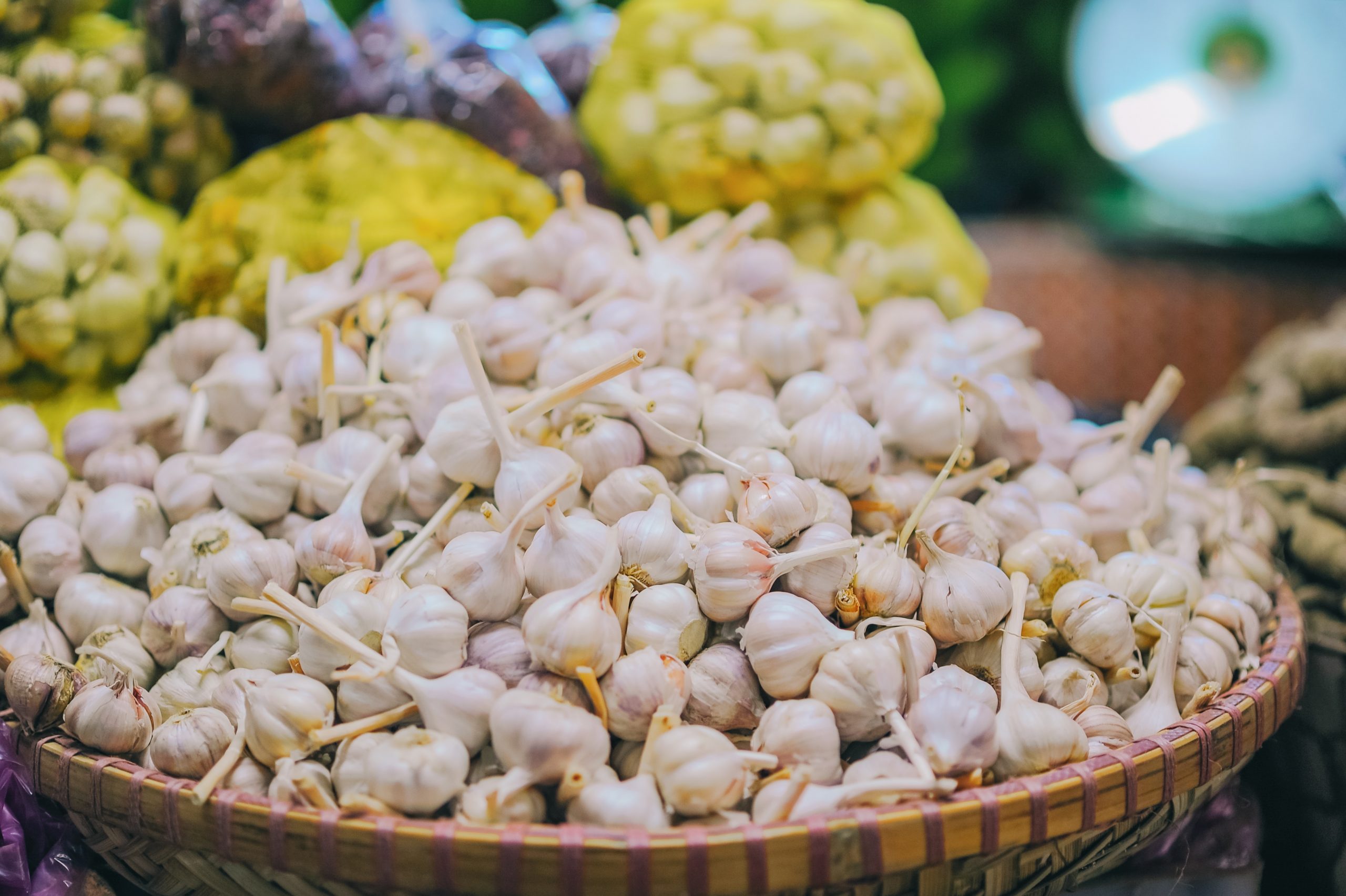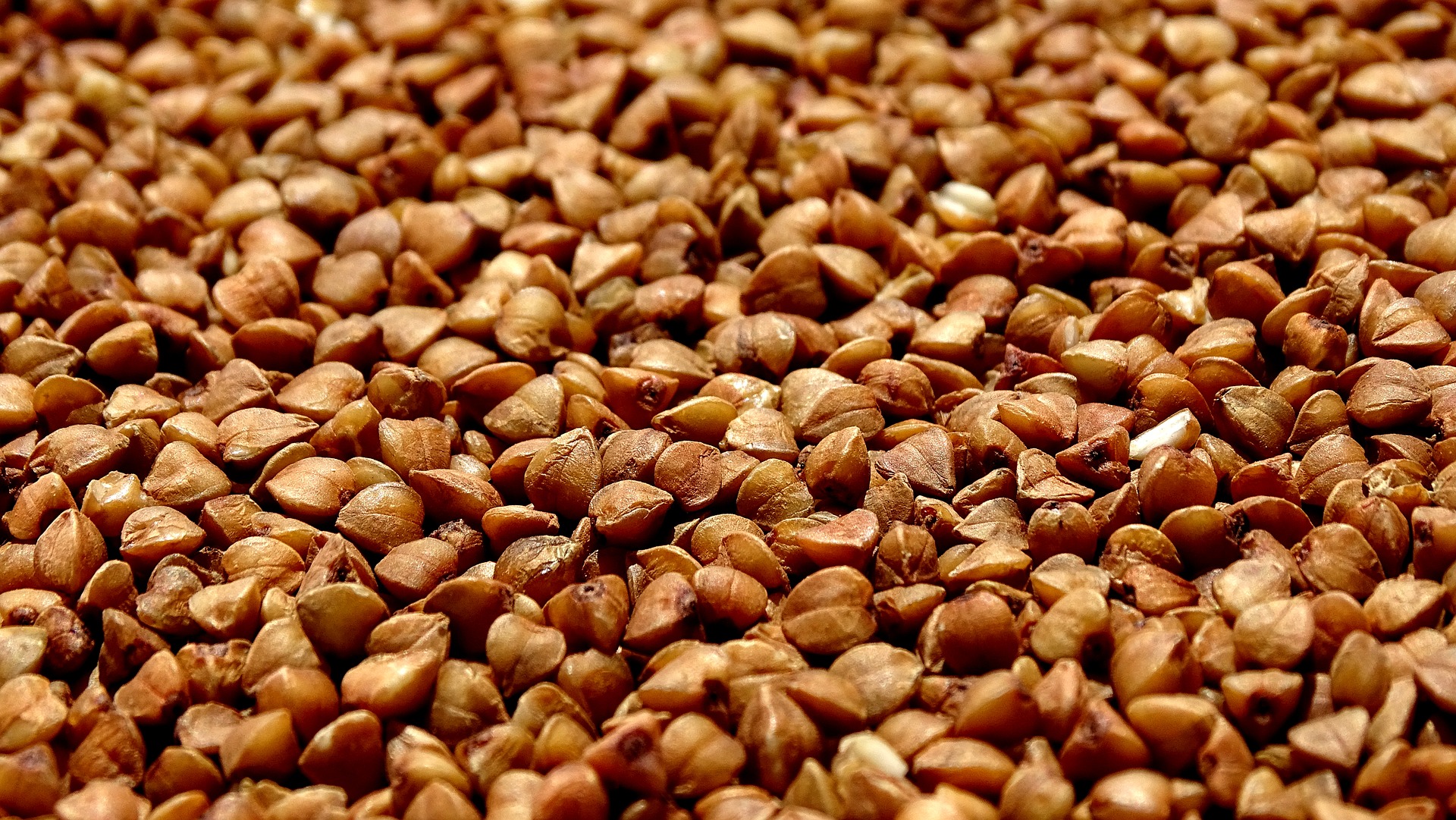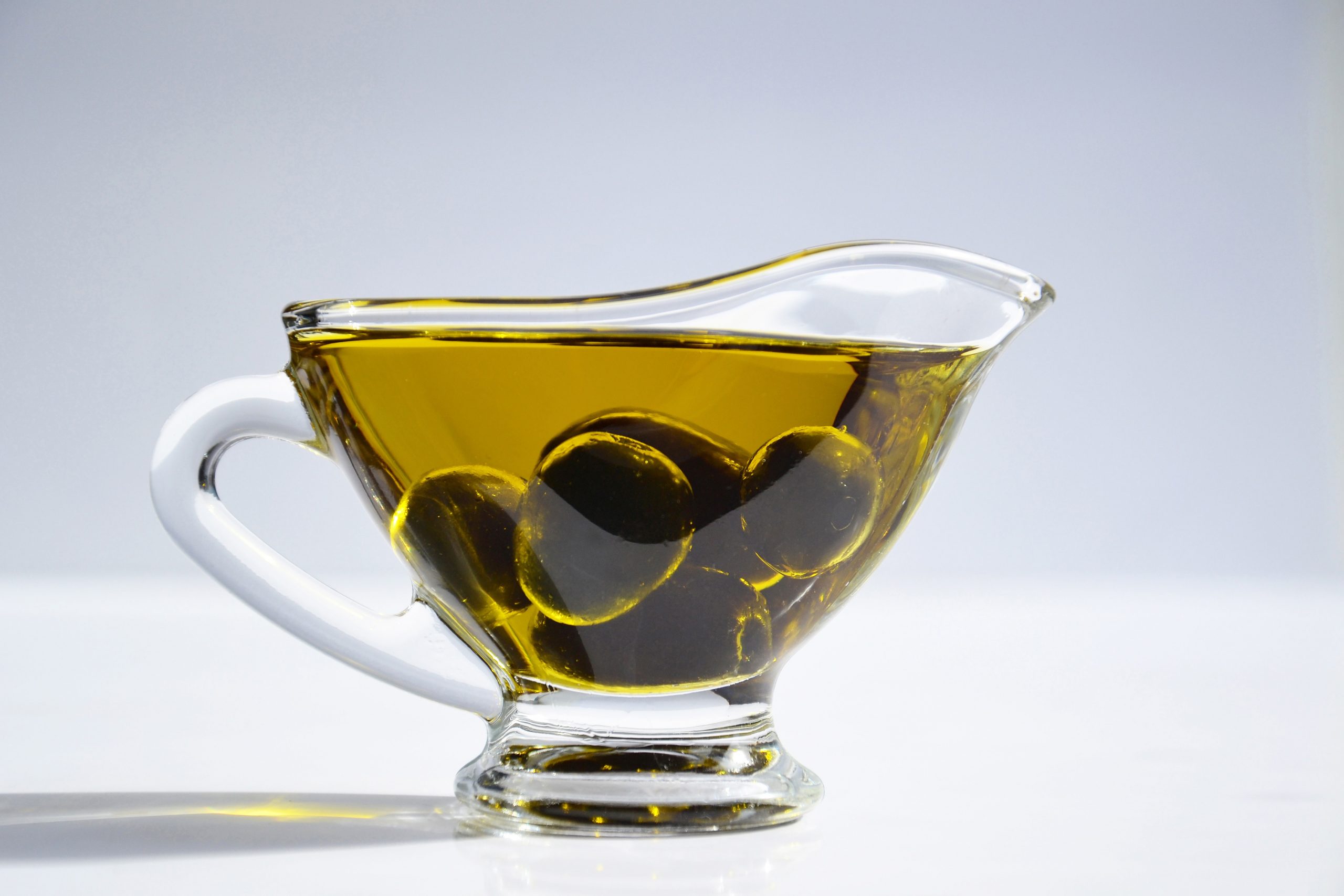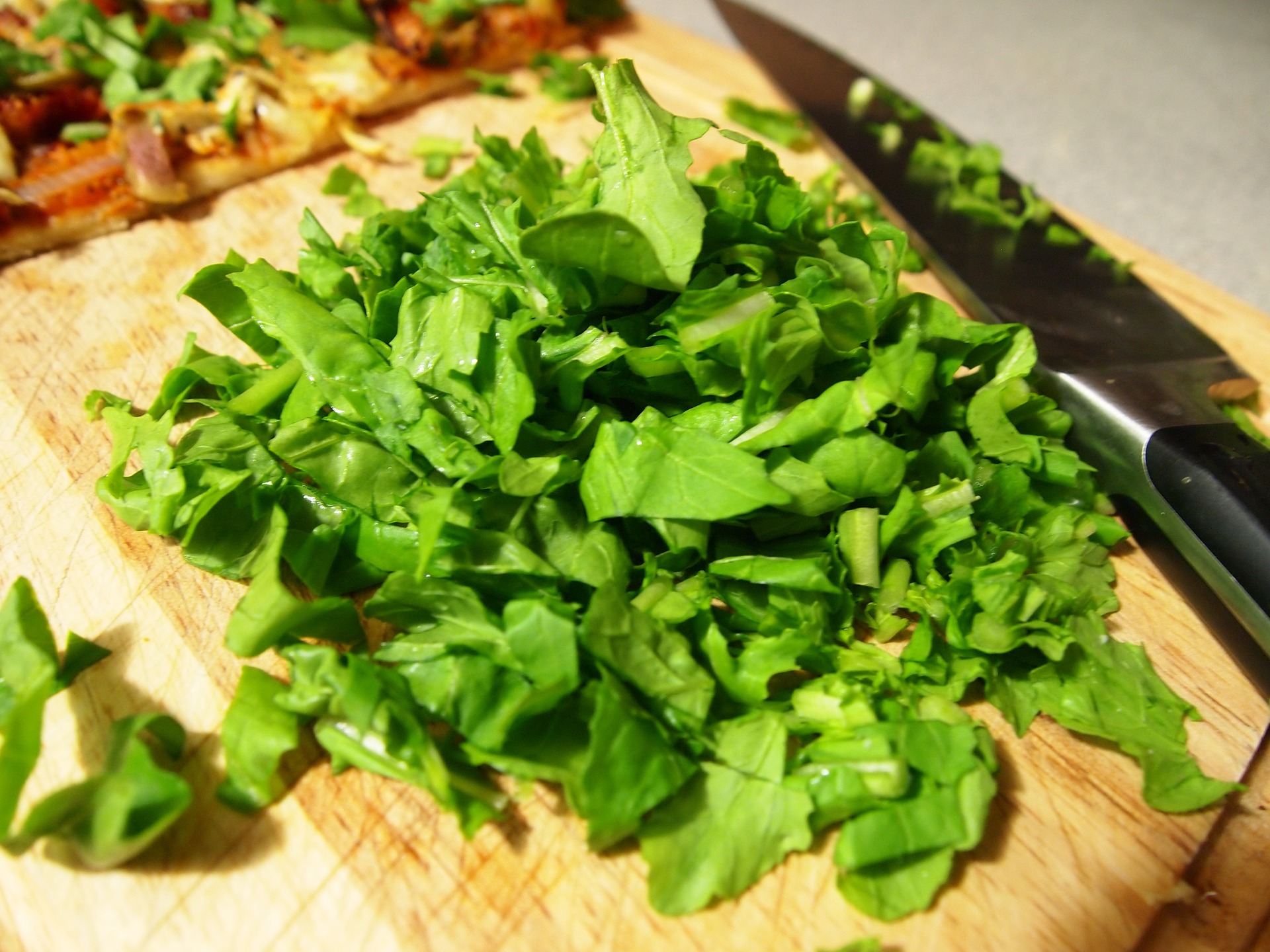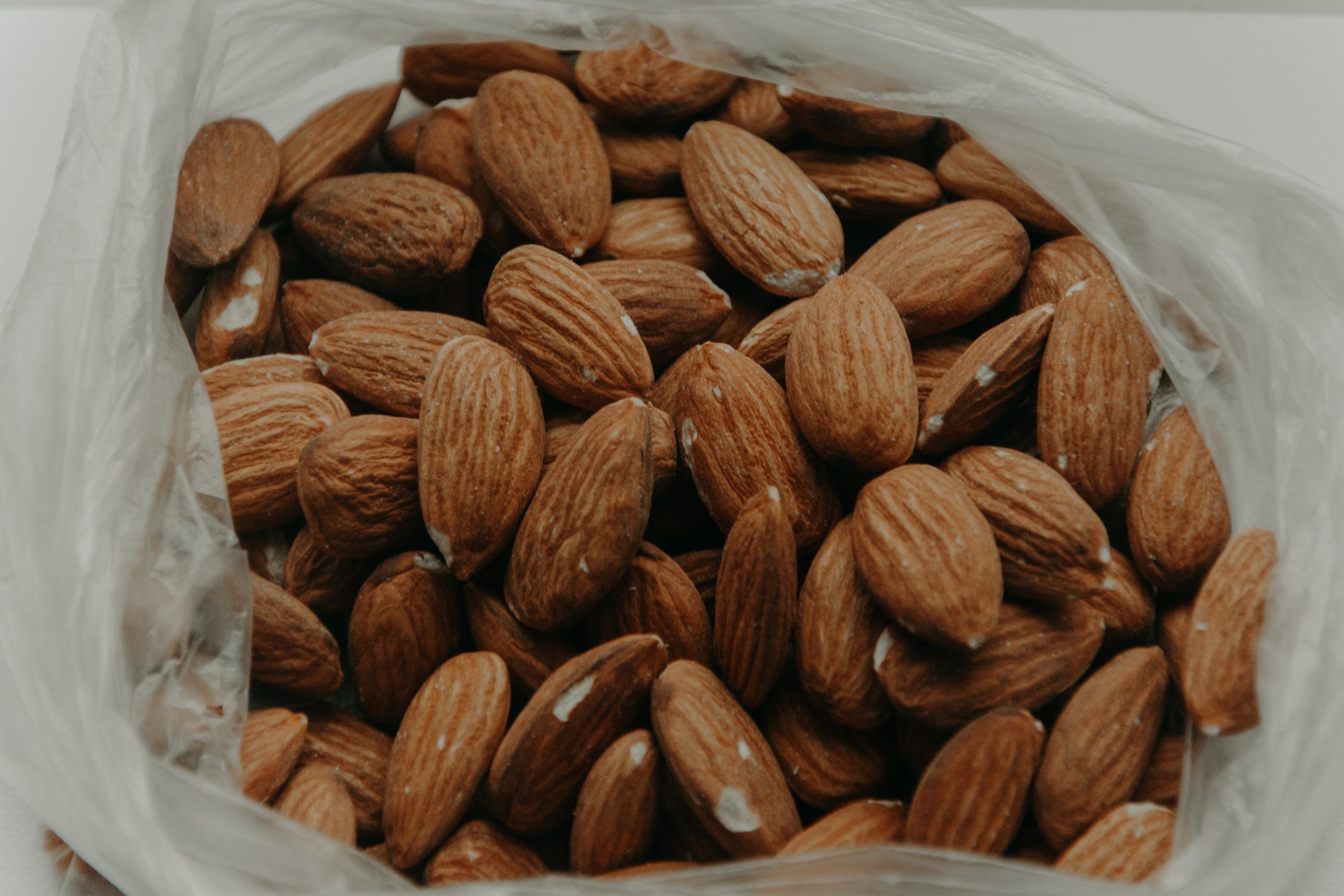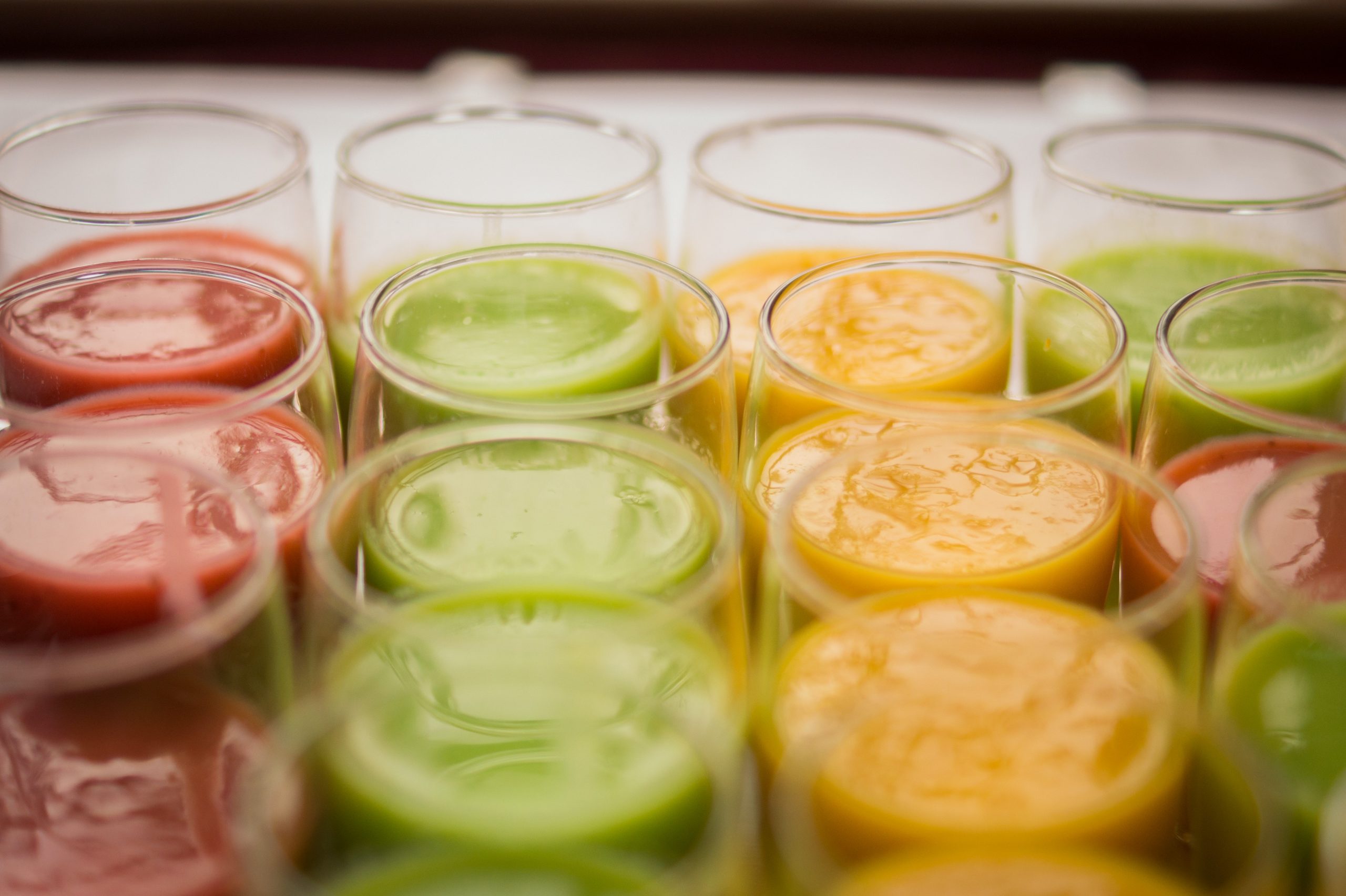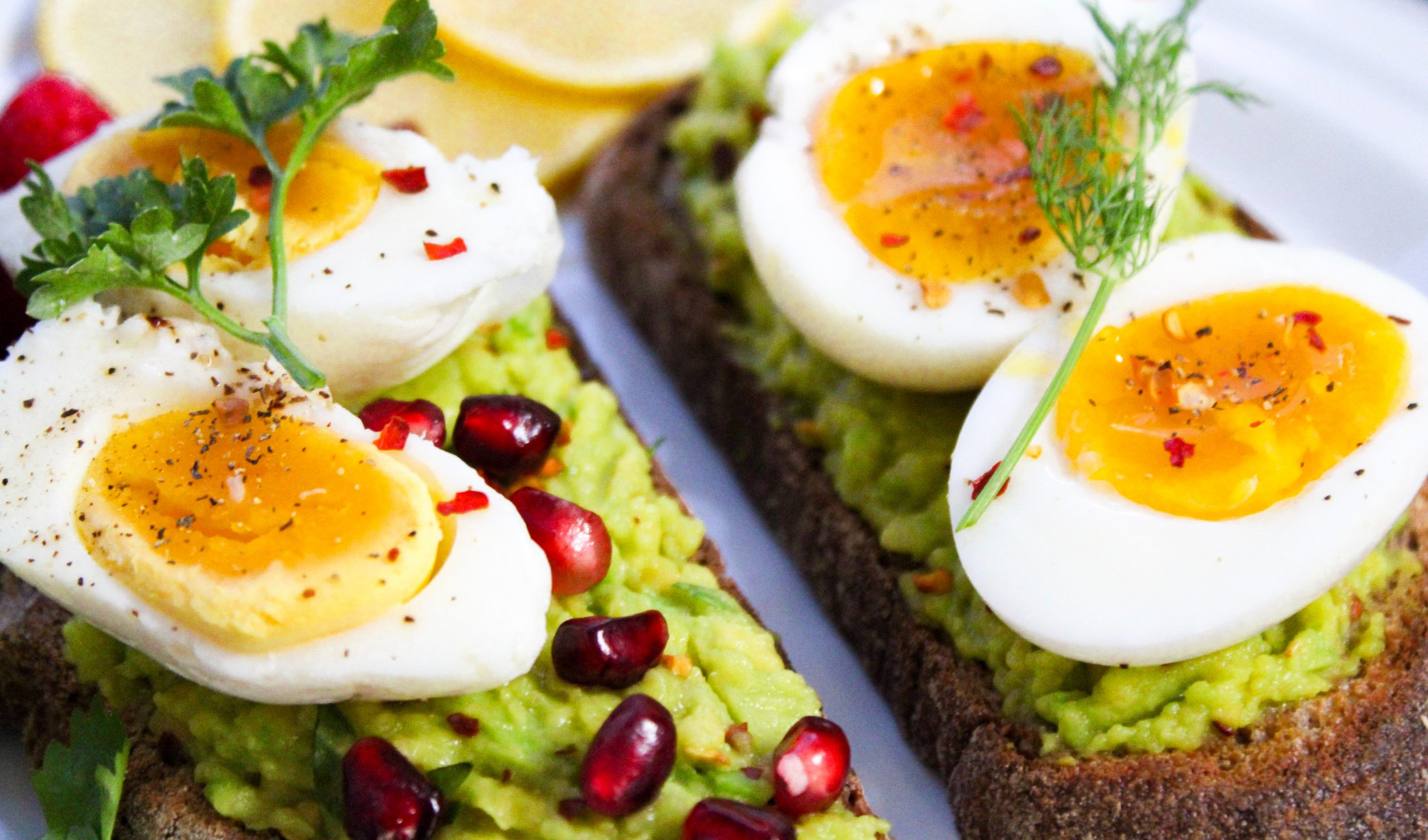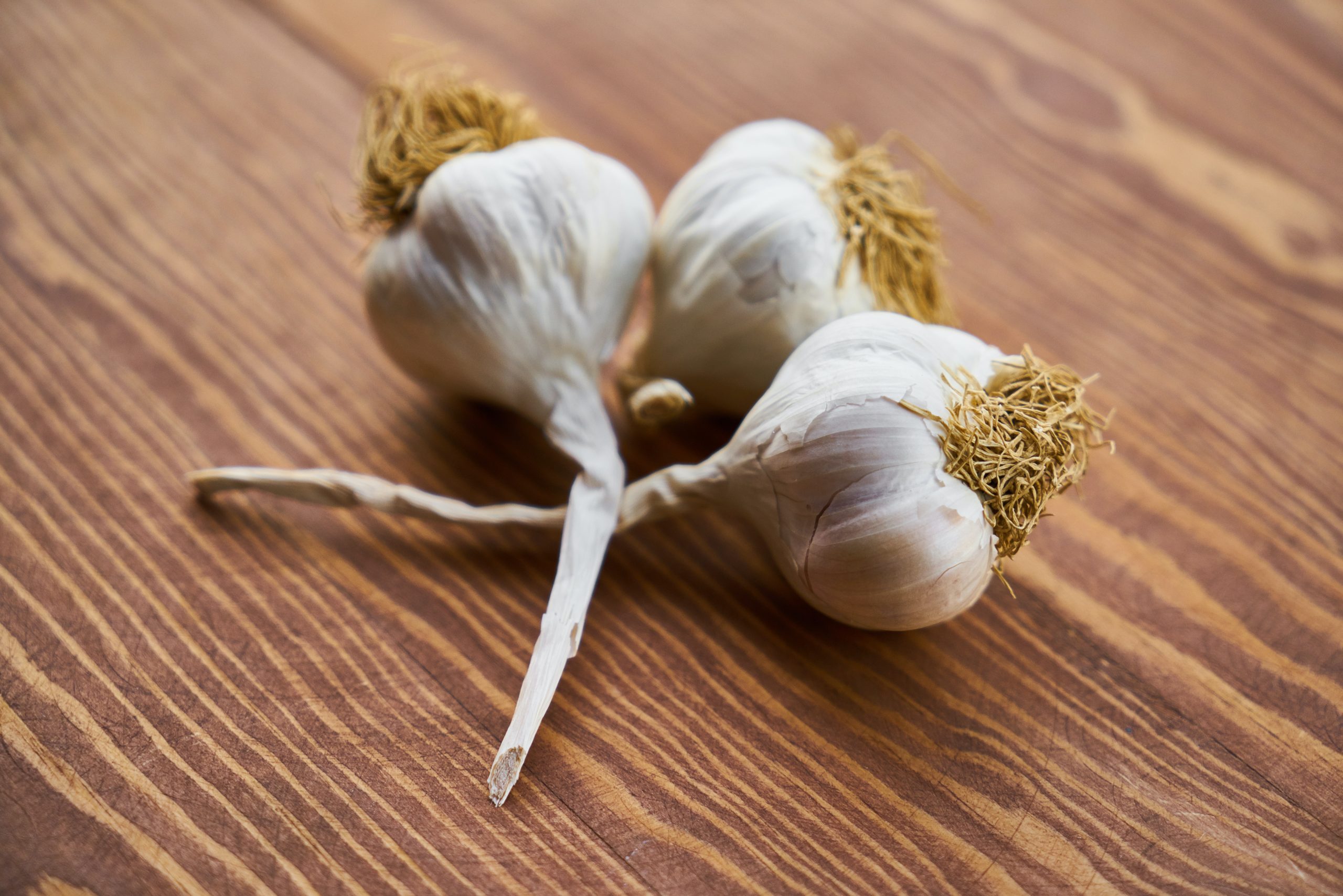
Kidneys are really important workhorses in the body. Small bean-shaped organs filter waste products from the blood. They also release hormones that regulate blood pressure, help balance body fluids and produce urine. Kidney disease affects approximately 10% of the world’s population and can be caused by high blood pressure and uncontrolled blood sugar. Other factors such as age, smoking, obesity and gender also affect. If the kidneys are not functioning optimally, waste products from food accumulate in the blood and make the body sick.
The diet that people with kidney disease must adhere to varies greatly depending on the stage. The early stages have different limitations than people with end-stage kidney disease. Beyond dietary changes, you may need dialysis and possibly a kidney transplant. If you have been diagnosed with kidney disease or if it is in your family, it is wise to learn about the best options for healthy eating. We have a list of safe things to eat in kidney disease. However, ask your doctor about the best amount and combination of these foods for your particular situation.
Before you start looking at the good, you should know that people with kidney disease are generally asked to limit certain nutrients in many different foods. The big three are sodium, potassium and phosphorus. Protein can be limited in the early stages of kidney disease and increased in patients who are more advanced and require dialysis. For starters, here is a list of tasty and healthy foods that are low in phosphorus, potassium, and sodium.
1. Cauliflower
Cauliflower is a vegetable full of vital nutrients like vitamin C, vitamin K and folic acid (vitamin B). It also has a good amount of fiber that helps with digestion and certain anti-inflammatory compounds called indoles. Cauliflower can be eaten raw or roasted, even pureed instead of potatoes.
In a cup (124 grams) of cooked cauliflower:
- Sodium: 19 mg
- Potassium: 176 mg
- Phosphorus: 40 mg
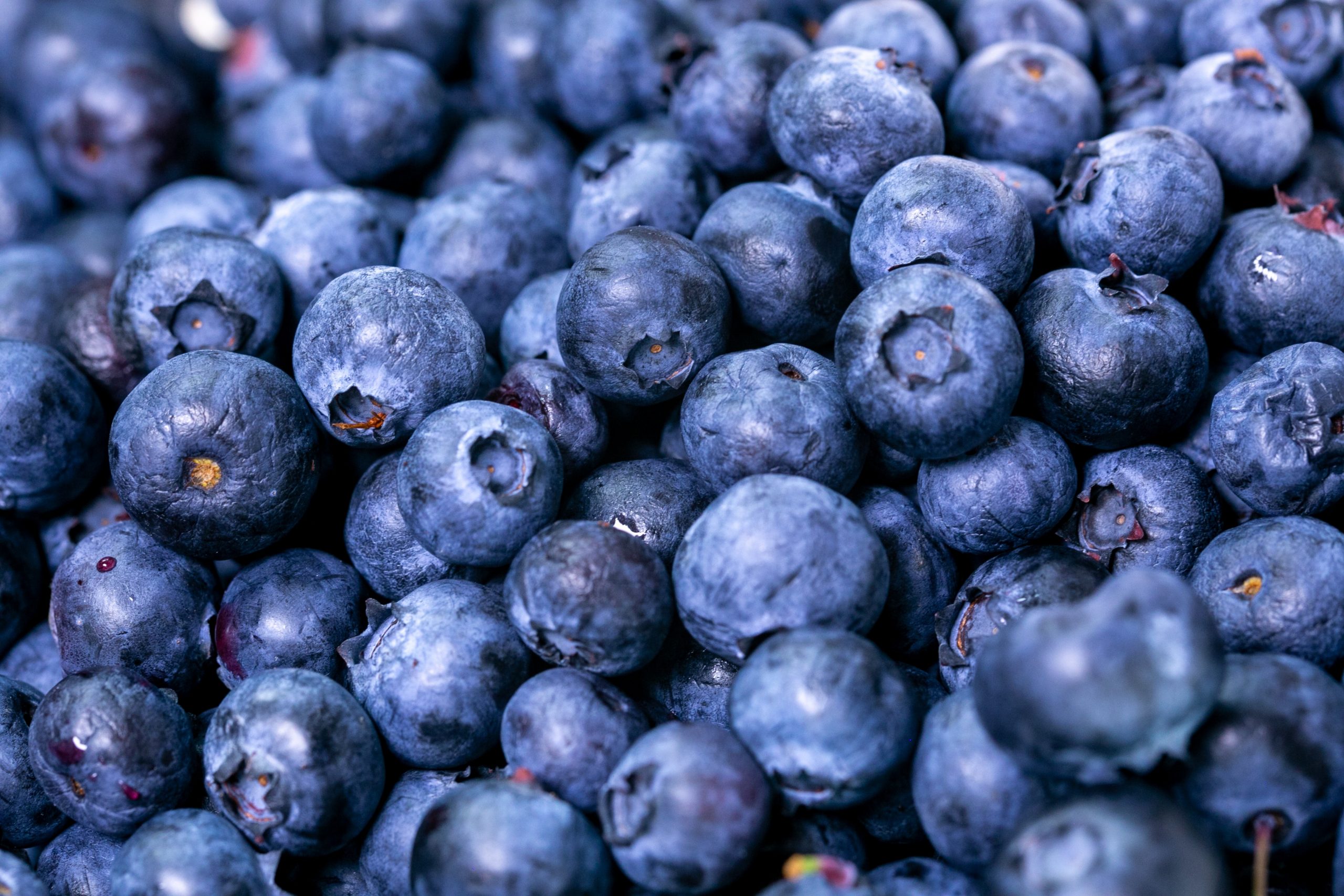
2. Blueberries
Blueberries are one of the best fruits you can eat for your whole body. They are rich in antioxidants called anthocyanins, which reduce the risk of heart disease, diabetes, cognitive decline and certain types of cancer. They are also great for kidney patients because they contain little sodium, phosphorus and potassium.
In a cup (148 grams) of fresh blueberries:
- Sodium: 1.5 mg
- Potassium: 114 mg
- Phosphorus: 18 mg
3. Sea Bass
Sea bass is recommended for people with kidney disease because it is a high quality protein that contains healthy omega-3 fats with a lower phosphorus content than other shellfish. It is still important to consume sea bass in moderation, but an omega-3-rich diet also helps alleviate depression, anxiety, and cognitive decline.
In 85 grams of cooked sea bass:
- Sodium: 74 mg
- Potassium: 279 mg
- Phosphorus: 211 mg
4. Red Grapes
Red grapes are rich in vitamin C and contain antioxidants, so-called flavonoids, which reduce inflammation in the body. They also contain a certain type of flavonoid called resveratrol, which is touted for its ability to benefit the heart, regulate blood sugar, prevent cognitive decline, and protect the skin from sun exposure and aging.
In ½ cup of red grapes:
- Sodium: 1.5 mg
- Potassium: 144 mg
- Phosphorus: 15 mg
5. Egg Whites
Egg yolk is very nutritious, but it also contains a large amount of phosphorus. Therefore, people with kidney disease should stay with the whites. Protein is rich in protein, but poor in phosphorus. Therefore, they are often recommended especially for dialysis patients. Dialysis patients often have a higher protein requirement. White Egg
In two large proteins (66 grams):
- Sodium: 110 mg
- Potassium: 108 mg
- Phosphorus: 10 mg
6. Garlic
Because kidney problems require a reduction in sodium, you can also be concerned that you will no longer enjoy tasty foods. Fortunately, garlic is a wonderful alternative to salt, which also has its own nutritional benefits. Garlic contains vitamin C, vitamin B6, manganese and certain anti-inflammatory sulfur compounds.
In three cloves of garlic (9 grams):
- Sodium: 1.5 mg
- Potassium: 36 mg
- Phosphorus: 14 mg
7. Buckwheat
Whole grains are an essential part of a healthy diet, but many of them are high in phosphorus. Buckwheat is an excellent alternative. It provides food in the form of magnesium, iron, fiber and B vitamins. As an added benefit, it is gluten-free and safe for people with gluten intolerance, while containing only very small amounts of the things to avoid.
In ½ cup (84 grams) boiled buckwheat:
- Sodium: 3.5 mg
- Potassium: 74 mg
- Phosphorus: 59 mg
8. Olive Oil
Olive oil not only contains healthy fats, but is also completely free of phosphorus. It is especially good for people with kidney disease as they have trouble keeping a healthy weight. The fat in olive oil is primarily a monounsaturated version called oleic acid, which can also reduce inflammation. It is well suited for cooking as it withstands high temperatures, but is also ideal for salad dressings.
In one ounce (28 grams) of olive oil:
- Sodium: 0.6 mg
- Potassium: 0.3 mg
- Phosphorus: 0 mg
9. Arugula
Conventional nutritional information indicates many dark green leafy vegetables such as spinach and kale. While these are extremely healthy foods, they also contain a lot of potassium and are therefore not recommended in a kidney diet. Arugula is a great alternative. It is low in potassium and rich in vitamin K, manganese and calcium. It also contains nitrates, which are known to lower blood pressure, another important consideration for people with kidney disease.
A cup (20 grams) of raw rocket contains:
Sodium: 6 mg
Potassium: 74 mg
Phosphorus: 10 mg
Again, your doctor will give you specific guidelines for your kidney disease diet. However, we hope that we have given you a good idea of some whole foods and ingredients that can be combined into healthy and tasty meals. Most packaged foods contain too much sodium, but it can feel good to expand your culinary talents and prepare fresh kidney dishes from scratch. Go ahead, you won’t regret it!

